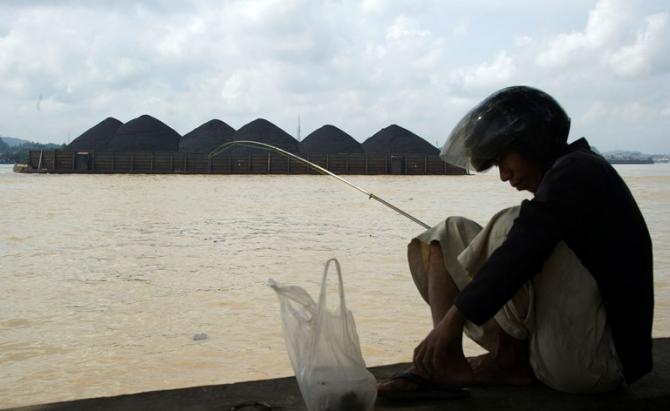
By 2030, nearly half of the world’s economies could be driven by their resource riches. Indonesia, with significant endowments of mineral and energy resources, is one of these resource-driven economies. It is the world’s largest producer and exporter of palm oil, the largest exporter of coal, the second-largest producer of cocoa and tin, and it has the fourth and seventh-largest reserves of nickel and bauxite, respectively, according to government data.
Like other resource-driven economies, it is vital for Indonesia’s future economic prospects that it translate this subsoil wealth into long-term prosperity. It is equally vital that resource companies in Indonesia find a way to effectively partner with the national government in this quest, and avoid the zero-sum game where companies and governments are constantly at odds. The stakes are too high to let that happen.
Because of rising resource prices and a shift into new regions of the world, the number of economies driven by resources has already soared from 58 countries in 1995 to 81 in 2011. A new report by the McKinsey Global Institute (MGI), “Reverse the Curse: Maximizing the Potential of Resource-Driven Countries,” estimates that between $11 trillion and $17 trillion in new investment in oil, gas and minerals will be needed to meet demand for natural resources and replace existing sources of supply by 2030.
But resource-driven countries such as Indonesia will miss this opportunity if they don’t rethink the way they handle these sectors. MGI’s report highlights three imperatives for creating successful resource-driven economies: effectively developing the resources sector, capturing value from it and transforming that value into long-term development. MGI’s report looks at six aspects within these imperatives: institutions and governance, infrastructure, competitiveness and fiscal policy, local content, spending a resources windfall, and economic development.
There are opportunities for extractive companies and the Indonesian government to work together to improve the country’s performance across all six of these dimensions. For instance:







%20resized.png)
